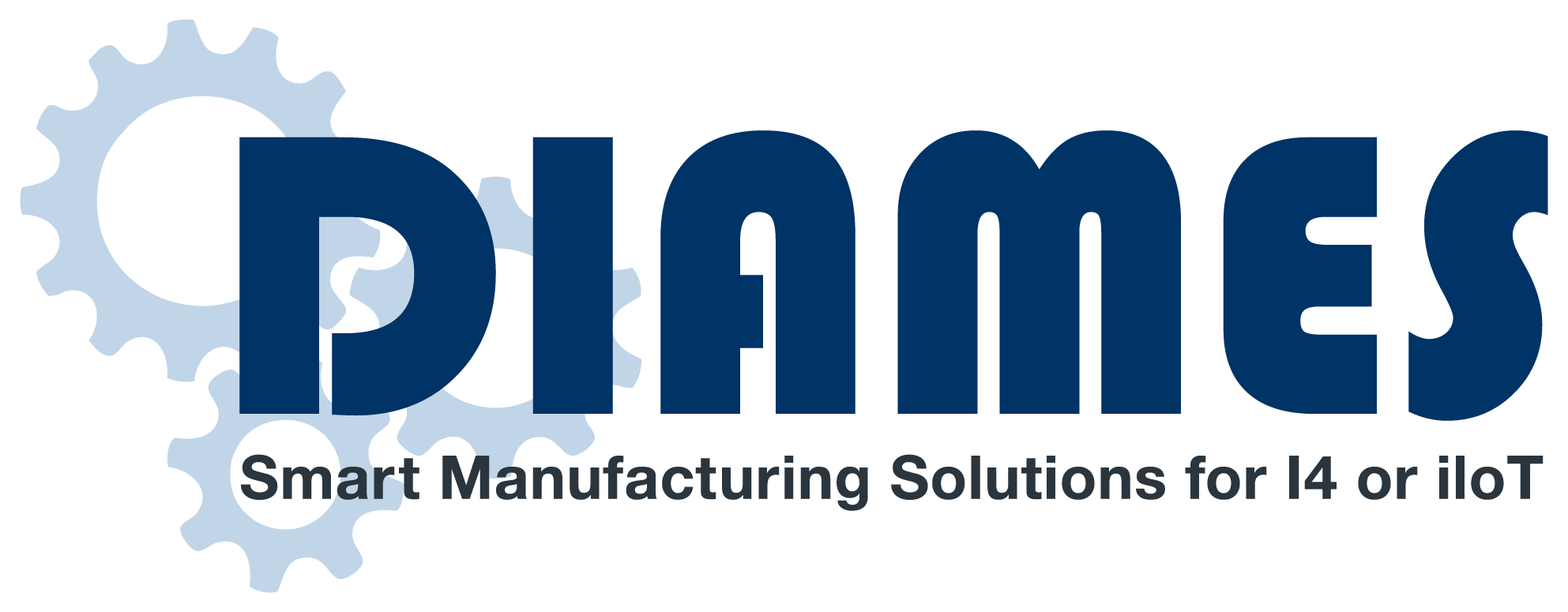The main goal of any company should be to have the quickest and most efficient manufacturing process. This not only means every machine has to be running efficiently, but the technology and systems in place must be top notch as well. Optimizing your production scheduling systems is one of the clearest ways to create a more efficient process. Some systems will use a scheduling system based on the best production conditions, but those conditions rarely occur. However, unexpected obstacles always occur on the production floor, so optimizing production scheduling can create a more efficient workflow.
Advanced Production Scheduling
Manufacturing execution systems (MES) with an Advanced Production Scheduling (APS) function combine to make a smoother production process. From a production planning and scheduling standpoint, the APS looks at what’s going on currently and does short-term planning based on those facts and figures. Since it looks at real-time data, you can make adjustments accordingly. Production managers also can feel confident making scheduling decisions since the data is provided under any and all shop floor conditions.
Automated Systems Are Critical
Companies who still use manual scheduling are way behind in the game. Not only does manual scheduling leave the door open for human error, but it also makes workflow less efficient. Automated production scheduling takes care of all the nuances of scheduling, which frees up more resources and increases productivity.
The best thing about automated systems is they can be installed at any and all stages of the manufacturing process. It’s important to have automated scheduling from the planning stage all the way through the end product. This leads to quicker turnaround times and an overall better product.
Impact of Automated Scheduling on Business Operations
Having automated production planning and scheduling systems help companies produce products in higher volumes, limit downtime, improve response time to unexpected issues, raise price margins and generate more profit overall. A bump in the scheduling process can often send the whole day off the rails. However, when you have an automated scheduling system in place, any issues can be addressed and corrected almost instantly to the point where you don’t even notice a dip in production.
Optimizing your production scheduling system is a necessity for your company to remain efficient. The great thing is automated scheduling can run with the current systems and setups you have in place. For more information about optimizing scheduling systems for your company specifically, be sure to contact us.



